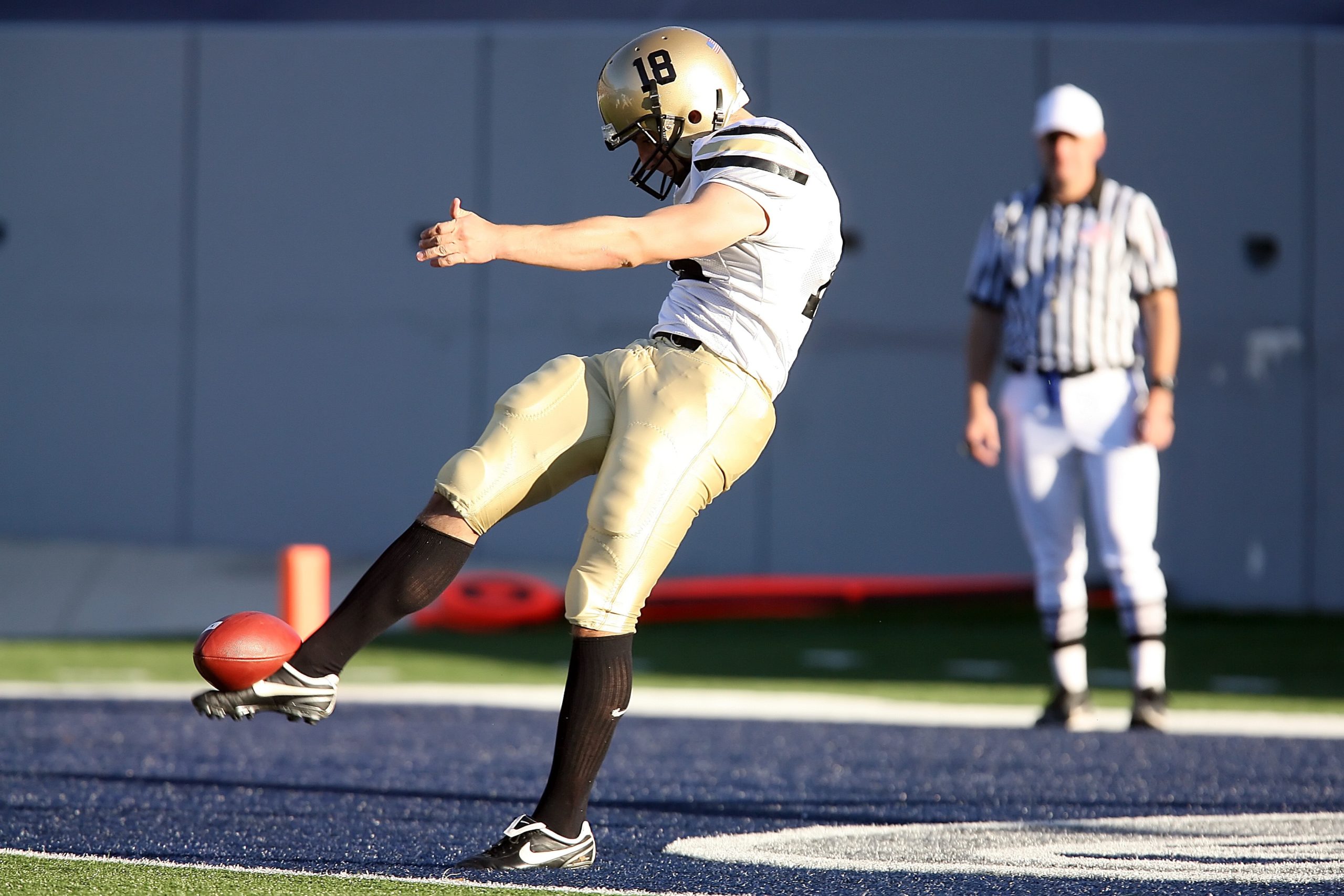COLLEGE ATHLETE NAME, IMAGE, AND LIKENESS (“NIL”)
College athletes and sponsors looking to capitalize upon recent changes in name, image, and likeness (“NIL”) legislation face unique legal challenges when preparing NIL arrangements. From a legal perspective, the term “NIL” generally refers to an individual’s legal right to control the usage of their name, image, or likeness. NIL includes any trait of a person that serves to identify that person to an ordinary viewer or listener, including their name, signature, photograph, image, likeness, voice, or a substantially similar copy of any of the foregoing. Individuals have a legal right to protect their NIL from others who attempt to publish, print, display or otherwise publicly use a person’s NIL for trade, commercial, or advertising purposes, without consent.
For decades, the NCAA restricted college athletes from exercising the legal rights associated with NIL, clinging to the “amateurism” philosophy. This all changed on June 21, 2021, when The United States Supreme Court allowed college athletes to monetize their NIL without NCAA restrictions. In Nat’l Collegiate Athletic Ass’n v. Alston, The United States Supreme Court held that the NCAA could no longer impose compensation restrictions on college athletes looking to monetize their NIL. See Nat’l Collegiate Athletic Ass’n v. Alston, 141 S. Ct. 2141 (2021). Following Alston, Florida, Georgia, and other states passed NIL statutes providing college athletes an equal opportunity to control and profit from the commercial use of their NIL and protect against unauthorized appropriation and commercial exploitation of their NIL. Florida and Georgia also allow college athletes to obtain legal counsel when negotiating and signing their NIL contracts.
The recent NIL legislation created a new market for goods and services that have never existed before in college athletics. College athletes now have unlimited potential to capitalize upon their NIL and develop their brands on their terms. College athletes can also utilize cutting-edge technologies to monetize their NIL, such as selling NFTs of their favorite highlights or making virtual appearances for their fans. College athletes can also sign sponsorship arrangements with businesses and receive compensation for commercial usage of their NIL.
However, the ever-changing legal and college athletic landscape can pose significant legal issues for athletes and sponsors looking to sign NIL deals. At their core, NIL deals between college athletes and sponsors will always involve a contract in some shape or form that will govern the terms of their agreement. Even the simplest NIL contract can impose hidden obligations on athletes or sponsors or create disputes over terms not considered in the agreement. The unfortunate reality with contracts leaves problems undiscovered until someone is getting sued. Athletes who breach NIL contracts face long-term implications that could result in garnishment of future earnings. Sponsors who breach NIL contracts risk judgment liens placed on their business assets or potentially personal liability. There are also tax implications resulting from NIL contracts that athletes and sponsors need to consider and potential avenues to mitigate tax liability. The right attorney at the outset can provide a substantially more beneficial relationship between college athletes and sponsors, saving litigation and misunderstandings. Proper NIL counsel will ensure that you always work, play, and sponsor on your terms.
Our law firm advises and represents college athletes and sponsors looking to sign NIL contracts. Our law firm’s NIL services include:
- Representing clients in their NIL contract negotiations;
- Analyzing and resolving potential legal issues that may exist with NIL arrangements;
- Drafting and reviewing NIL contracts;
- Providing tax guidance on issues related to NIL income and expenses;
- Developing tax mitigation strategies to minimize tax liability resulting from NIL arrangements;
- General consultation on potential NIL opportunities; and
- Guidance for academic institutions on best NIL practices and pitfalls which can be avoided or mitigated.

We live by our 7 Superior Service Commitments
- Conferring Client-Defined Value
- Efficient and Cost-Effective
- Accessibility
- Delivering an Experience While Delivering Results
- Meaningful and Enduring Partnership
- Exceptional Communication Based Upon Listening
- Accountability to Goals
Attorneys










